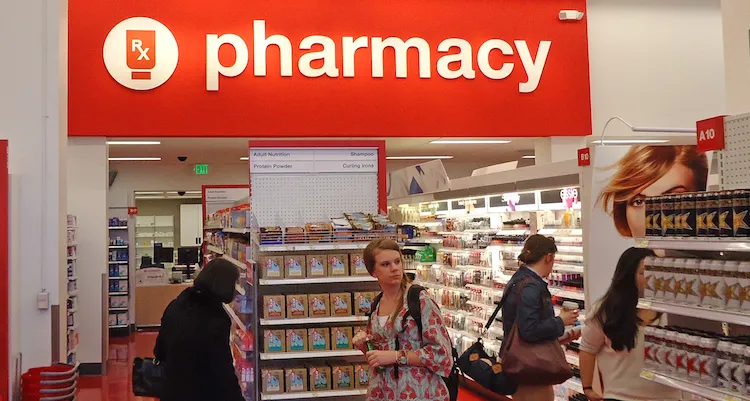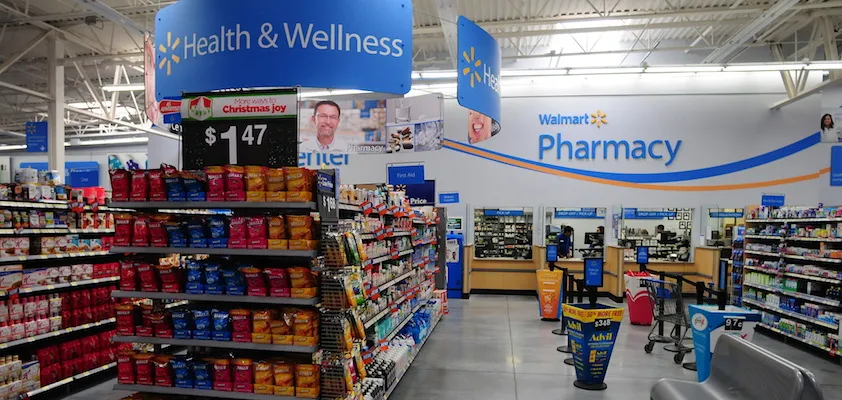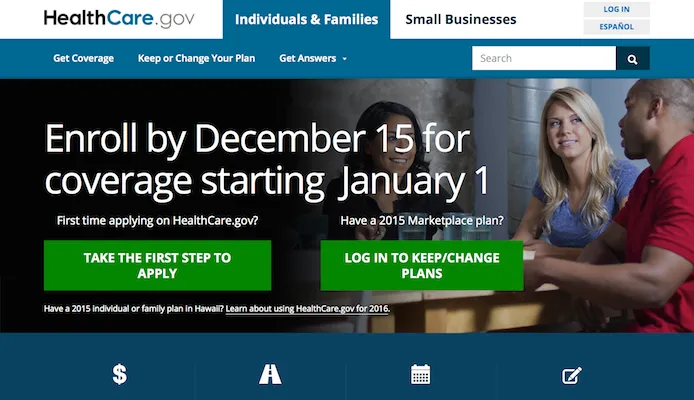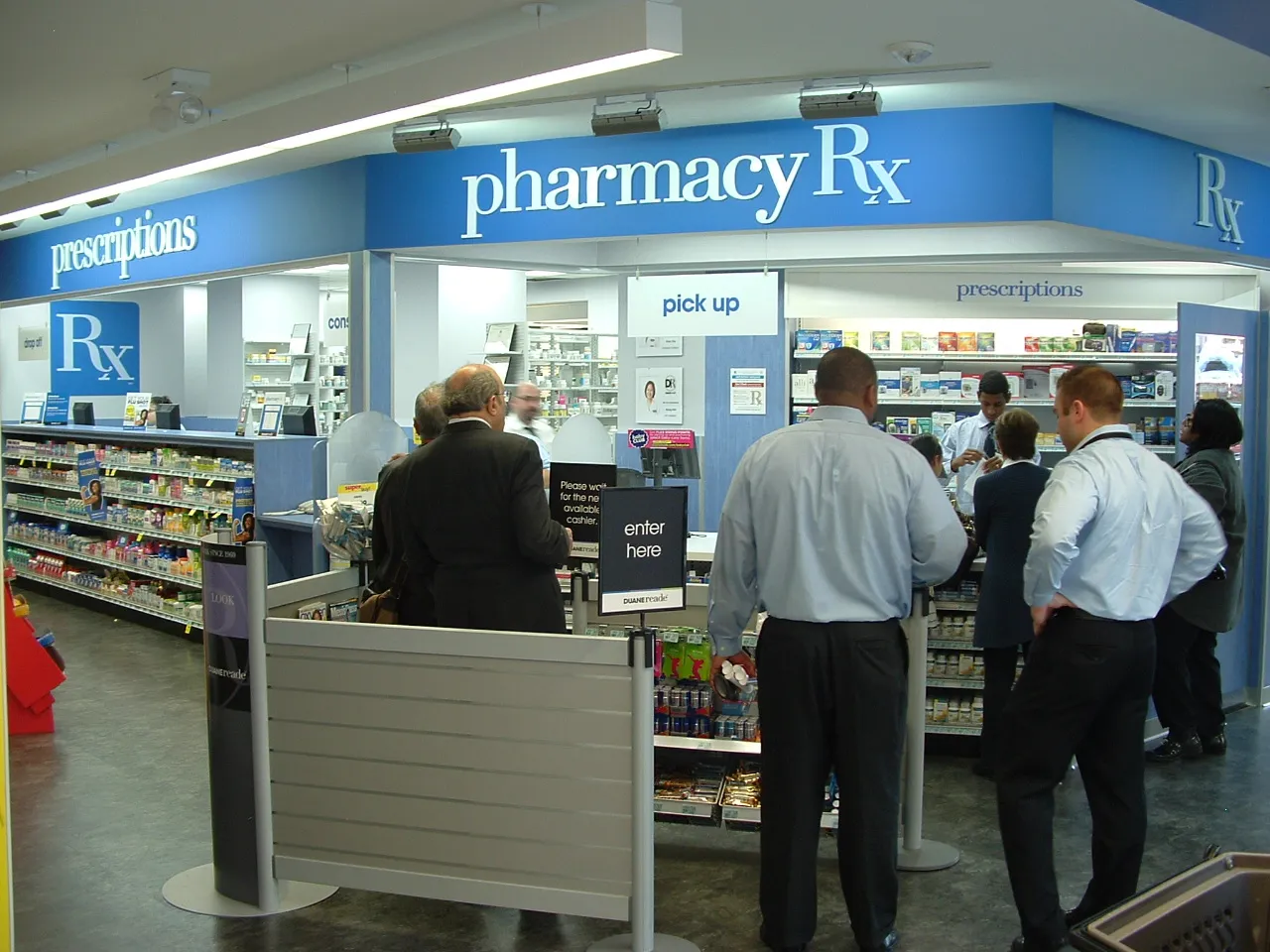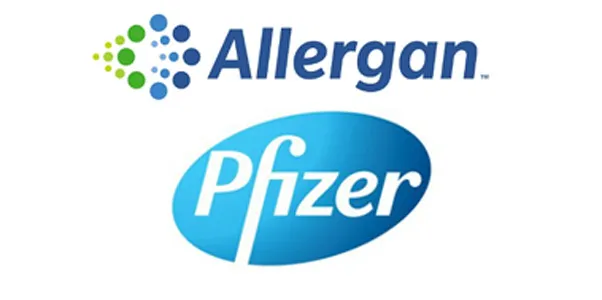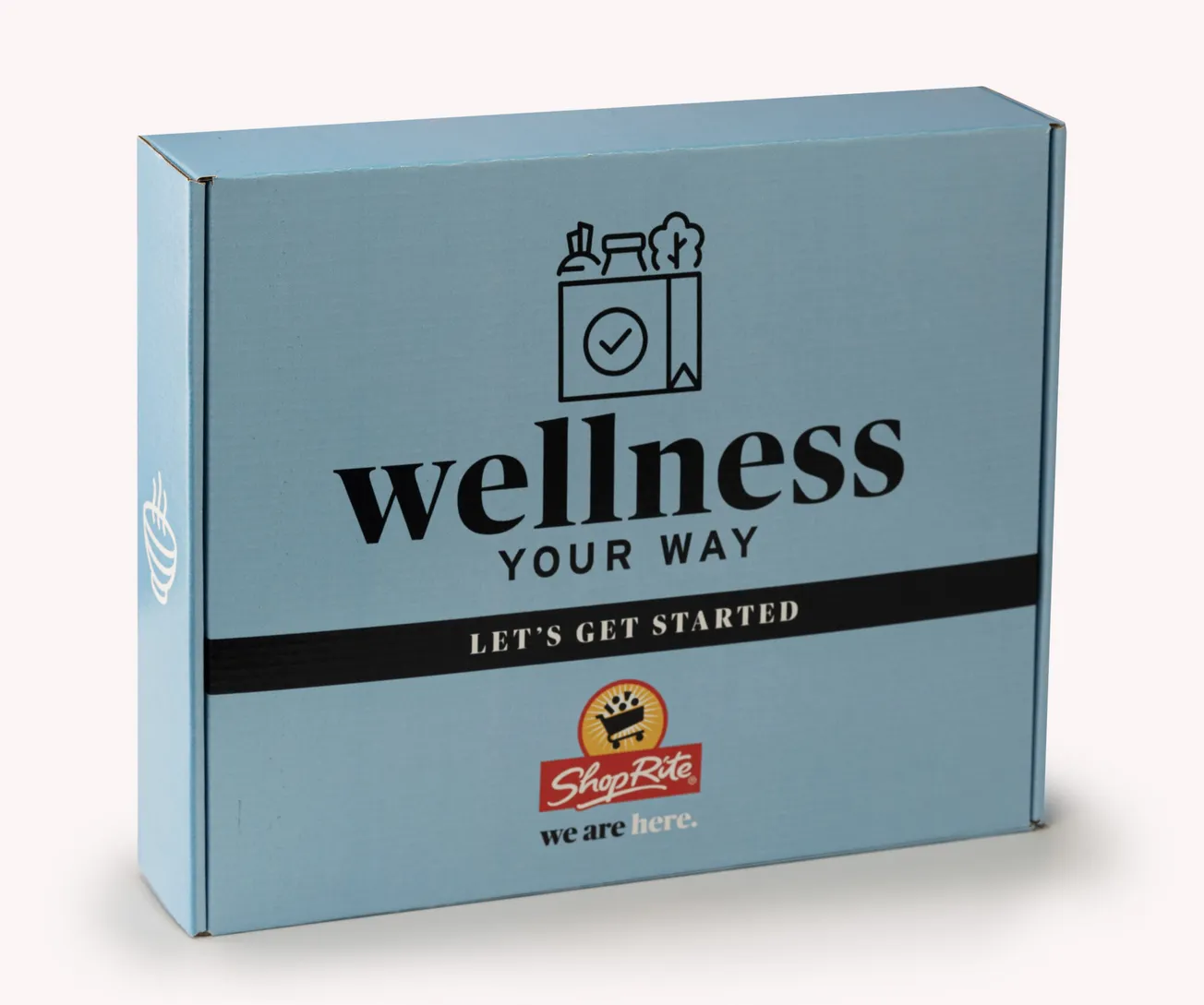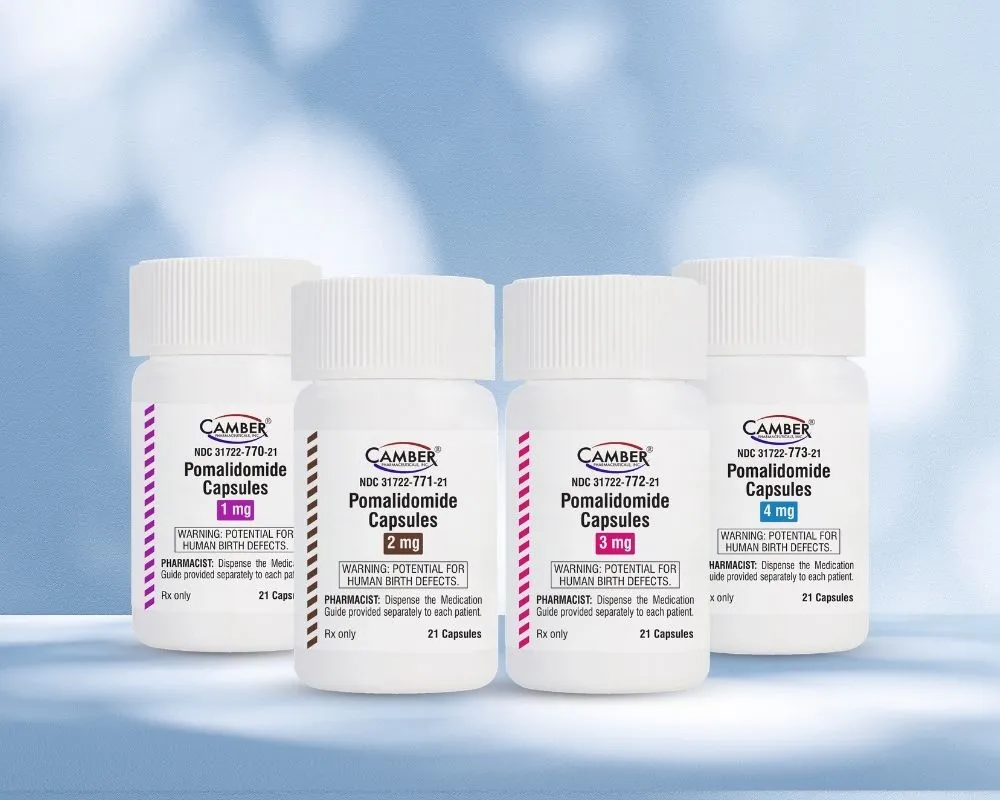CVS’ announced intention to buy Target’s pharmacy and immediate care clinic businesses has stunned a mass retailing community already subject to numerous shocks this year. To recap briefly, mass retailing has seen new alliances, new executive appointments and promotions, bold new ventures, and a newly revised view of the mass retailing community based on a global perspective.
The CVS-Target announcement is, on the one hand, far more conventional and far closer to home. Ample precedent exists for one retailer to purchase another. But that’s where the similarity ends. The scope and size of this transaction, the prominence of the two retailers involved, the potential implications for both — all combine to elevate this deal to a level never before achieved by a sale so simple in appearance.
The deal, should it materialize, would give CVS a clearly dominant position in retail pharmacy in America. The drug chain is buying 1,660 pharmacy counters across the United States. Additionally, it is buying the right to label those pharmacy counters as CVS pharmacy counters. Opening a similar number of its own drug stores could not have given CVS more leverage than acquiring Target’s pharmacies.
Looked at another way, the pharmacy counters in question are currently operated by Target, one of the nation’s premier retailers. Without attempting to assess the size of that retailer’s pharmacy business, it nonetheless exists within the confines of a Target store, one of the highest-traffic retail locations in America.
It is safe to assume that CVS will bring its own level of expertise to Target’s pharmacy business, and so expand it. Even maintaining it at current levels, however, will add immeasurably to CVS’ pharmacy stature, bringing new business to the CVS drug chain in the bargain.
Clearly, Target’s pharmacy business has not been performing to that retailer’s expectations. Otherwise, why sell it? Just as clearly, Target will make better use of the money it earns in the sale. After all, this is hardly a fire sale. Thus, Target stands to gain from this transaction in equal measure with CVS. As a result, both retailers will emerge from this transaction in a stronger position than they had been in before the deal was announced.
The ancillary benefits are numerous, too numerous to discuss here. But one that stands out is the agreement that CVS will operate Target’s immediate care clinics. These facilities have emerged as a growth engine for CVS. The acquisition will only serve to accelerate that growth opportunity.
As for the rest of the U.S. retail pharmacy community, it cannot possibly benefit from the CVS-Target transaction. Pharmacy has emerged as possibly the most hotly contested retail business in America. The growth in health care will serve to further enhance the value of retail pharmacy, along with its growth.
To that end, such retailers as Walgreens, Walmart, Rite Aid and a variety of regional food and drug retailers have determined to give more attention to pharmacy as a core category. CVS’ acquisition of Target’s prescription drug counters will certainly prove a drag on the efforts of its competitors to rev up their own pharmacy businesses.
Finally, it is difficult to imagine that the retail pharmacy community will stand pat in the aftermath of the CVS-Target transaction. Some retailers will speed up efforts to add pharmacies; others will likely slow down. And certainly new acquisition candidates will emerge.
Whatever happens, retail pharmacy has been transformed forever by the CVS-Target deal. New possibilities have emerged, new growth avenues have become viable, new combinations have become feasible, new assumptions have become possible. The old ways are no longer the only ways.
In short, by this time next year the U.S. retail pharmacy model will be radically different than the existing model. For this, both CVS and Target deserve much credit.

